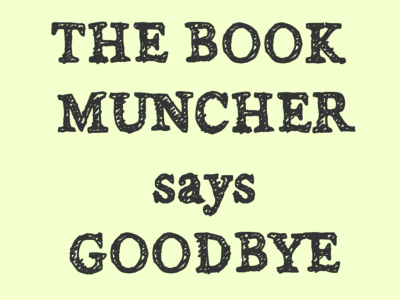The Cyborg Wars have ended, and Earth has continued to exist in peace—at least in theory. The year is 2170, and cyborgs and clones are treated like second class citizens, if they’re treated as people at all. This is thirteen-year-old Leanna’s world, and like most other people living in it, she has grown up with the prejudices against cyborgs and clones. But Leanna is in for a rude awakening when her mother is arrested for being a member of the radical Liberty Bell Movement, an underground organization intent on establishing rights for cyborgs and clones. When a bounty is placed on her own head, Leanna is forced to flee, seeking shelter from the very people she used to hate, cyborgs, clones, and people who support them. With danger looming around every corner and startling revelations about her true identity threatening to tear her apart, Leanna must find out for herself which side she belongs to in this ongoing struggle, and how far she will go to fight.
I am disappointed to say that reading The Clone Codes was a poor experience for me. While I find many of the concepts presented in this novel interesting and relevant, its development in The Clone Codes was frankly unsatisfactory. Starting with characters, young protagonist Leanna is flat and uninteresting. She merely reacts to all the external events taking place around her, and if she was taken out of them, I highly doubt she would have a personality. The plot, though it may in fact be the strongest point of this novel, is none too exciting either. I don’t think I would be overstating things to summarize the story as Leanna alternately running and waiting, with a few moments of actual thought on her part. What I find most disturbing about this novel does not lie in the story itself, but in the fact versus fiction section in the back, which details several historical events and how they were incorporated into The Clone Codes. The basis for the existence of clones in this story is accredited to the Supreme Court ruling in the Diamond v. Chakrabarty case. The McKissacks used this ruling to prove that living organisms may be owned, such as the clones in this story. This is in fact not true; the 1980 case ruled that living organisms, or their genetic code in particular, may be patented. Whether this was just a small oversight, it is nonetheless a misinterpretation of a historical event, possibly manipulated to serve the creative purposes of this novel. And unfortunately, this inaccuracy pretty much discredited the entire work for me, especially because so much of the story was meant to be explained by it.
Other less discriminating readers (and I do not mean this in the sense of prejudice) may enjoy this novel, especially those who liked Skinned by Robin Wasserman. I however find it very unlikely I will follow the rest of this story.
Rating: 1.5
Review copies from publisher Scholastic and Amazon Vine
The Clone Codes by Frederick L., John, and Patricia C. McKissack
Munched by Rachael Stein on 3/04/2010
Subscribe to:
Post Comments
(
Atom
)



1 munch(es) :
I have this book and I'm disappointed you gave it such a bad review. I definitely appreciate your honesty though, I think I'll hold off on reading this book for a while. Ugh I can't stand when a key part of the story turns out to be inaccurate. Boo.
I did find Skinned really interesting though :)
Post a Comment